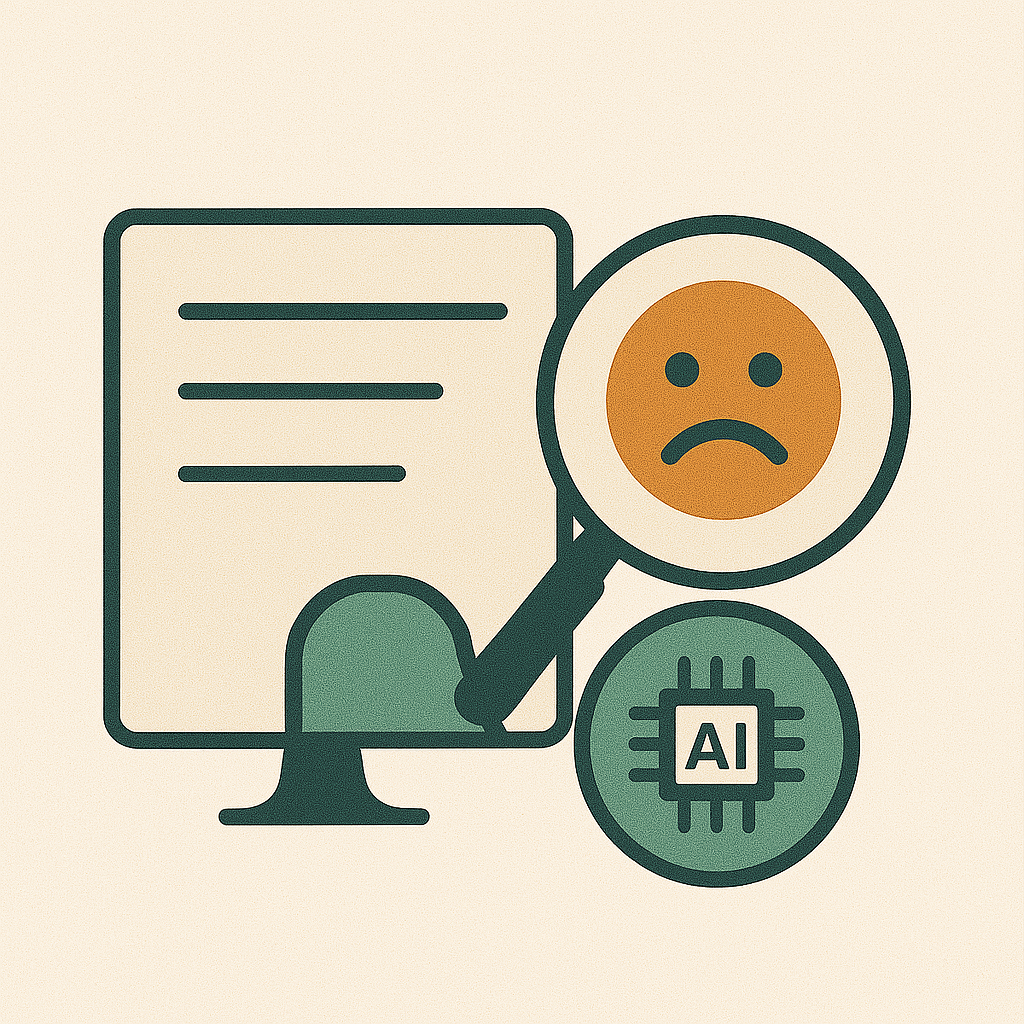This challenge highlights how generative AI tools can serve as more than just content creators—they can become powerful instruments for developing students’ evaluative judgment: the ability to assess the credibility, quality, and accuracy of information.
In an era where AI-generated content is increasingly accessible, it’s essential for learners to not only use AI tools, but to critically engage with them. This activity positions educators as facilitators of reflective learning, modeling how to interrogate information and design learning tasks that cultivate skeptical inquiry.
Challenge
AI-generated explanations often sound polished and persuasive—but are they correct, well-supported, or free from bias? This challenge invites you to investigate the reliability of AI-generated educational content and to design opportunities for your students to do the same.
You’ll use a generative AI platform to explain a nuanced or challenging concept in your field and then evaluate the response through the lens of accuracy, completeness, and credibility. Through this, you’ll discover how AI can be leveraged not just as a tutor, but as a foil for critical pedagogy.
Instructions
- Select an AI platform: Use ChatGPT, Claude, or another generative AI tool.
- Choose a challenging concept: Select something from your discipline that students often misunderstand or oversimplify (e.g., intersectionality in sociology, thermodynamic entropy in chemistry, or market failure in economics).
- Prompt the AI: Ask it to “Explain [your concept] to a first-year university student.”
- Analyze the AI’s response:
- What is inaccurate, oversimplified, or missing?
- Does the AI cite sources or just sound authoritative?
- Would a student be able to recognize limitations in the explanation?
Reflect and Share
What does this challenge reveal about the role of AI in teaching and learning? Try it out and share what you discovered in the comment box below, whether it’s your final product, a reflection, or a surprising insight.

Leave a Reply